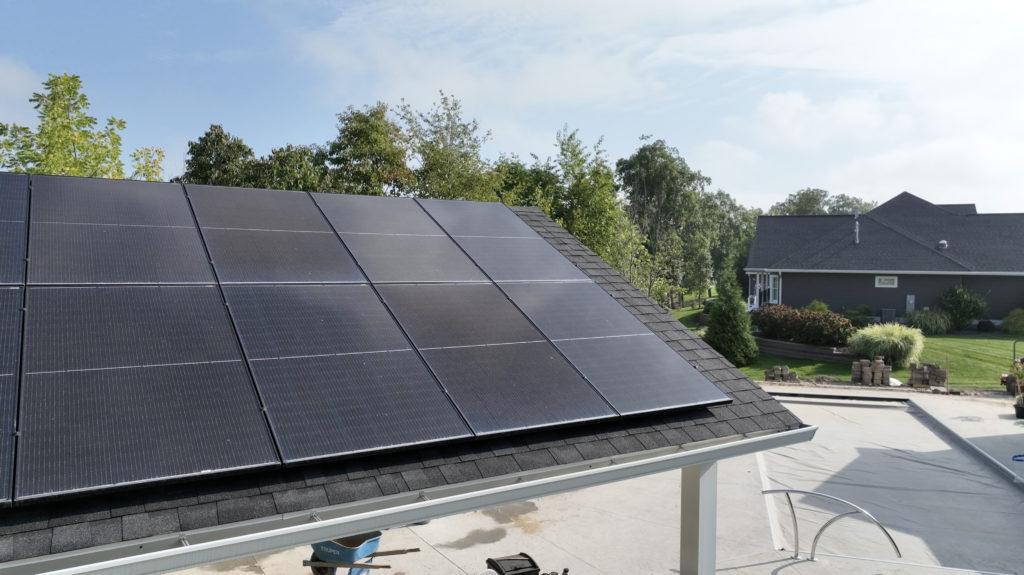Solar energy has emerged as a powerful and sustainable alternative to traditional energy sources, gaining widespread popularity in recent years. Yet, despite its numerous benefits, several myths and misconceptions about solar power persist. In this blog post, we will address and debunk five common myths associated with solar energy.
Myth 1: Solar Panels Are Inefficient in Cloudy or Cold Climates
While it’s true that solar panels perform optimally under direct sunlight, they can still generate electricity even on cloudy or cold days. Modern solar technology has significantly improved, allowing panels to convert diffused sunlight into usable energy. Additionally, some panels are designed to work efficiently in colder climates, making solar energy a viable option regardless of geographical location.
Myth 2: Solar Energy Is Too Expensive for the Average Household
The cost of solar panels has decreased substantially over the years, making them a more affordable option for homeowners. Moreover, various government incentives (link back to incentives page on Sonne website), tax credits, and financing options are available to alleviate the initial investment. When considering the long-term savings on energy bills and the potential to sell surplus energy back to the grid, the overall financial benefits of solar energy outweigh the initial costs.
Myth 3: Solar Panels Require Constant Maintenance and Repairs
Solar panels are designed to withstand various weather conditions and require minimal maintenance. Routine cleaning and occasional inspections to ensure optimal performance are usually all that’s needed. With no moving parts, the risk of mechanical failure is significantly reduced, making solar panels a reliable and low-maintenance energy solution for households and businesses alike.
Myth 4: Solar Energy Is Not Reliable for Continuous Power Supply
With advancements in energy storage technologies, solar energy can provide a reliable and consistent power supply, even during periods of low sunlight. Battery storage systems enable homeowners to store excess energy produced during peak sunlight hours for use during the night or on cloudy days. This ensures a continuous power supply, making solar energy a dependable and sustainable alternative to traditional grid-based electricity for homeowners.
Myth 5: Solar Panels Harm the Environment
On the contrary, solar panels are one of the most environmentally friendly energy sources available. They produce no greenhouse gas emissions during operation, unlike fossil fuels. The manufacturing process of solar panels has become more sustainable, and the energy they generate offsets their carbon footprint in a short time. Solar energy contributes to cleaner air, reduced pollution, and a healthier planet.
Dispelling these common myths about solar energy is crucial to making informed decisions about adopting this renewable energy source. As technology advances and solar installations become more accessible and affordable, it’s important to base your understanding of solar power on accurate information. Solar energy is a reliable, efficient, and eco-friendly option for both residential and commercial use, offering substantial benefits for the environment and your finances. We’d love to help you get started with solar! Contact us today.
